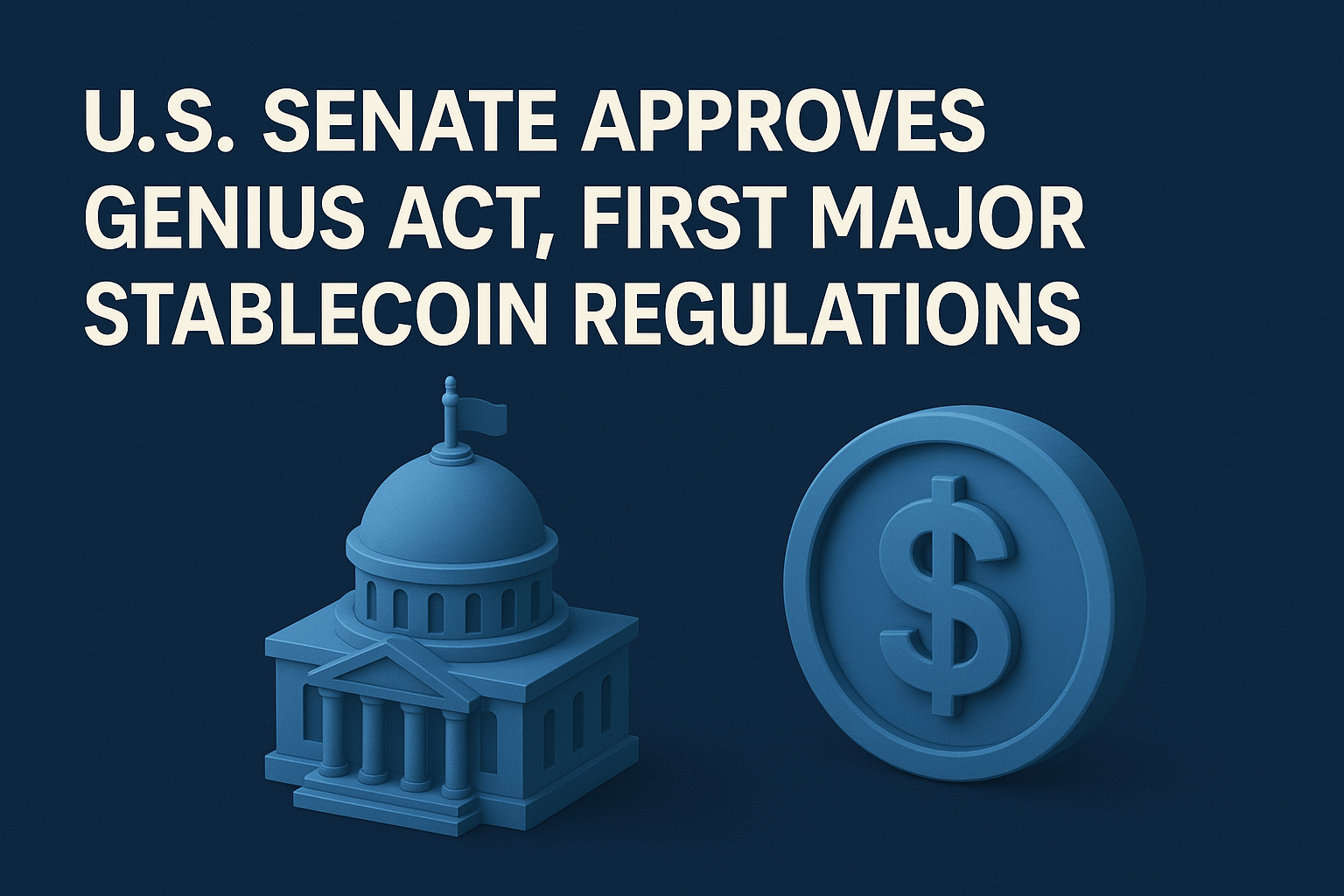A calibrated strategy to combine digital assets with broader commercial endeavors is the driving force behind Tether’s expanding Bitcoin holdings, suggesting a subtle change in the way corporate crypto risk is managed.
Tether increased its Bitcoin holdings on March 31, 2025, by purchasing 8,888 BTC for $735 million, adhering to its reserve diversification and quarterly accumulation policy.
Tether became one of the biggest corporate Bitcoin holders with this acquisition, increasing its Bitcoin reserve to 100,521 BTC, or $8.44 billion.
Long-Term Strategy Reflected in Tether Bitcoin Holdings
On April 1, the USDT issuer moved the recently purchased Bitcoin from a Bitfinex address to its principal wallet, according to Arkham Intelligence.
Tether has $4.75 billion in USDT, $215.89 million in XAUT, $46.17 million in AUSDF, and $27.17 million in EURT in its wallets in addition to Bitcoin.
This most recent acquisition adhered to Tether’s consistent strategy of building up Bitcoin holdings over the course of each quarter and reducing them at the conclusion of the term.
In September 2022, Tether began buying Bitcoin, and in May 2023, it pledged to set aside 15% of its quarterly net income for further acquisitions.
Tether began buying Bitcoin back in September 2022 and, by May 2023, announced that it would dedicate 15% of its quarterly net profits to purchasing more BTC.
Since then, it has steadily grown its Bitcoin holdings as part of a long-term strategy to diversify its assets.
Thanks to the current market conditions, Tether’s Bitcoin investment has seen unrealized gains of around $3.86 billion—proving to be quite profitable despite the overall market’s ups and downs.
While Tether has seen gains, the wider crypto market struggled in early 2025. Bitcoin dropped nearly 12% in Q1, making it it’s worst first-quarter performance since 2018.
Experts link this decline to broader economic uncertainty, including fresh U.S. tariffs on Mexico and Canada, and shifting investor sentiment.
At present, Bitcoin is trading around $84,000—down 23% from its peak of $109,114, which it hit when Donald Trump was re-elected as the 47th U.S. President.
Tether Pushes Back Against JP Morgan’s Concerns Over Reserves
Tether’s recent Bitcoin purchase came just as JP Morgan raised fresh concerns about the company’s reserve strength.
In mid-February, analysts at JP Morgan warned that upcoming U.S. regulations could force Tether to scale back its Bitcoin holdings.
Lawmakers are currently reviewing two stablecoin-related bills: the STABLE Act in the House and the GENIUS Act in the Senate. Both propose stricter reserve rules, requiring stablecoins to be backed entirely by highly liquid assets like U.S. Treasuries.
According to JP Morgan, only about 66% of Tether’s current reserves would comply with the STABLE Act, while 83% would meet the GENIUS Act’s requirements.
Tether CEO Paolo Ardoino, however, brushed off the concerns—arguing that traditional banks are simply being critical because they lack exposure to Bitcoin themselves.
Tether Reports Strong Profits, Diversifies Beyond Bitcoin
In its Q4 2024 attestation, Tether revealed it holds over $7 billion in reserves and generated $13 billion in annual profits—boosted by its latest Bitcoin purchases.
Tether Broadens Its Investment Horizons
Tether isn’t just focused on Bitcoin anymore. The company has been expanding into multiple sectors, including sports, media, agriculture, and AI—showing a clear shift toward a more diversified investment strategy.
In February, Tether acquired a majority stake in Juventus FC, one of Italy’s most iconic Serie A football clubs. Just a month later, it invested €10 million (around $10.8 million) in the Italian media firm Be Water.
Tether has also shown interest in buying a controlling stake in Adecoagro, a major agribusiness company based in South America.
In the tech space, the company is actively developing AI-powered products such as AI Translate (a translation tool), a voice assistant, and a Bitcoin wallet assistant.
On top of that, Tether recently invested in Zengo Wallet—a self-custodial crypto wallet known for its strong security and user-friendly design.
As Tether continues to grow, its strategy of branching out into various sectors shows a clear intention to build a stronger, more resilient financial foundation—one that’s not solely tied to digital assets.
Frequently Asked Questions (FAQs)
How is Tether’s growing Bitcoin reserve influencing the crypto market?
By holding a significant amount of Bitcoin, Tether can influence the supply available on exchanges. This level of accumulation can impact trading behaviors, price movements, and overall market liquidity—potentially shifting how the crypto market operates.
Why does Tether regularly invest in Bitcoin?
Consistent Bitcoin purchases serve a dual purpose: driving asset growth while managing risk. This approach helps cushion the company against volatility and potential regulatory changes, all while building a more stable and future-proof portfolio.
How do Tether’s non-crypto investments fit into its bigger picture?
Investing in sectors like sports, media, and tech helps Tether diversify its income streams. Blending traditional industries with digital assets reduces risk and supports more balanced, long-term financial health.










